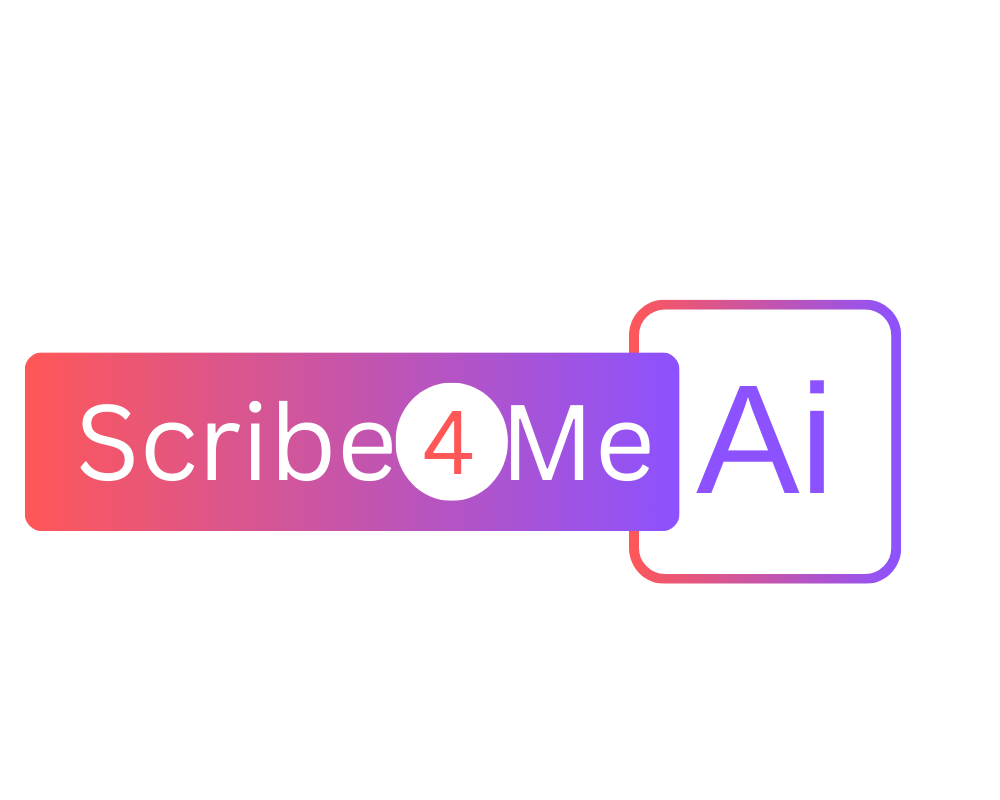

Can AI Scribes Write Better Notes Than Physicians?
Physicians these days are under more pressure than ever before. Between back-to-back appointments, rising patient expectations, and growing administrative demands, physicians often find themselves spending more time typing at their computers than treating patients. In fact, many report spending up to two extra hours a day, often after clinic hours, just to complete their notes, fueling burnout and eating into personal time. But what if an AI could take over the note-taking and maybe even do it better? Well, AI scribes might just be the solution physicians have been waiting for. A recent study by RAND even raises a provocative question - could these tools actually write better notes than physicians themselves? Let’s take a closer look.
The EHR Burden On Physicians
EHRs were designed to streamline care. But for many physicians, they’ve only added stress. Instead of focusing on patient care, physicians are spending increasing amounts of time navigating clunky interfaces, entering data, and managing complex documentation requirements. That’s precious time lost. And with rising burnout and staff shortages, the current system simply isn’t working. Even worse, long and detailed notes don’t always mean better quality. A recent study found that 90% of physician handwritten or typed medical notes had at least one error. That's a troubling statistic for a profession that relies on documentation to take critical medical decisions.
What Are AI Scribes?
AI scribes are smart tools that listen in on the conversation between a physician and patient, turn it into a transcript, and then organize the key information into a structured clinical note. These notes follow familiar formats like SOAP and are customized to fit each provider’s specialty. AI scribes are already being used in many practices across the country, helping reduce the documentation burden on physicians. With the global market now exceeding $2 billion and still growing, more physicians are turning to this time-saving solution. But the real question is - Are the clinical notes generated by an AI scribe accurate enough to rely on?
Are Human Notes Really More Accurate?
Surprisingly, research reveals that human-created notes aren’t as reliable as we might think. In a study at the VA, researchers found that a significant majority of physician’s notes contained errors when checked against secret recordings of patient visits. Another showed that even final signed notes, created with speech recognition tools, still had some inaccuracies. In some emergency rooms, physical exams were documented even when they didn’t happen. And many concerns raised by patients never make it into the chart. In short, medical records already contain errors and physicians use this to make crucial clinical decisions. AI might also make mistakes or show bias, but that’s often because it learned from human-written notes, which can also be biased.
Bias And Mistakes - Not Just An AI Problem
AI scribes aren’t flawless. They can misinterpret speech, rely on outdated information, or reflect biases found in their training data. But these problems aren’t unique to AI—they’re also common in human documentation. RAND's point is that while AI has its flaws, so do humans. The data shows that mistakes aren't exclusive to machines. In fact, AI tools tend to reinforce existing patterns in documentation, including human biases related to race, gender, or patient behavior, because they learn from human-created records. So if both AI and humans make mistakes, the question becomes, which system can help reduce the workload and improve efficiency?
Faster Notes, Less Stress For Physicians
One of the biggest advantages of an AI scribe is its ability to automate and dramatically speed up the note taking process. Notes that once took physicians 10 to 15 minutes can now be generated in a matter of mere seconds. This reduction in time spent on documentation means more valuable face time with patients, less after-hours work, and most importantly, less burnout. For physicians under pressure from both time and stress, this boost in efficiency is an important step towards a healthier work-life balance and greater job satisfaction.
What About Patient Privacy?
AI tools in healthcare raise real privacy concerns. AI scribes work by capturing and processing real-time conversations, often through secure cloud servers. But let’s be honest. Data breaches were already a major issue, even before AI entered the picture. Since 2021, over 700 data breaches happen every year. And over 181 million people in the U.S were affected by health data breaches in 2024 alone. AI isn't adding new risk. It's operating in an environment that already needs better privacy laws. Experts say that the main U.S. law protecting health data, HIPAA, is long overdue for an update.
Concluding Thoughts
No system, human or AI scribe is 100% perfect. But if an AI scribe can deliver medical notes that are just as accurate as what physicians already produce, and do it faster, that’s the real progress. Scribe4Me AI leverages advanced natural language processing and deep contextual understanding to produce highly accurate clinical notes. While no AI scribe is 100% flawless, physicians always have the opportunity to review and make final edits, ensuring both speed and 100% accuracy.
If you are looking for an advanced AI scribe that can recognize clinical content well and generate near-perfect notes Scribe4Me AI is your best choice. Designed to integrate seamlessly with your EHR it makes your day more efficient so you can finish on time and avoid after-hours charting. Sounds impressive? Try now for free!


